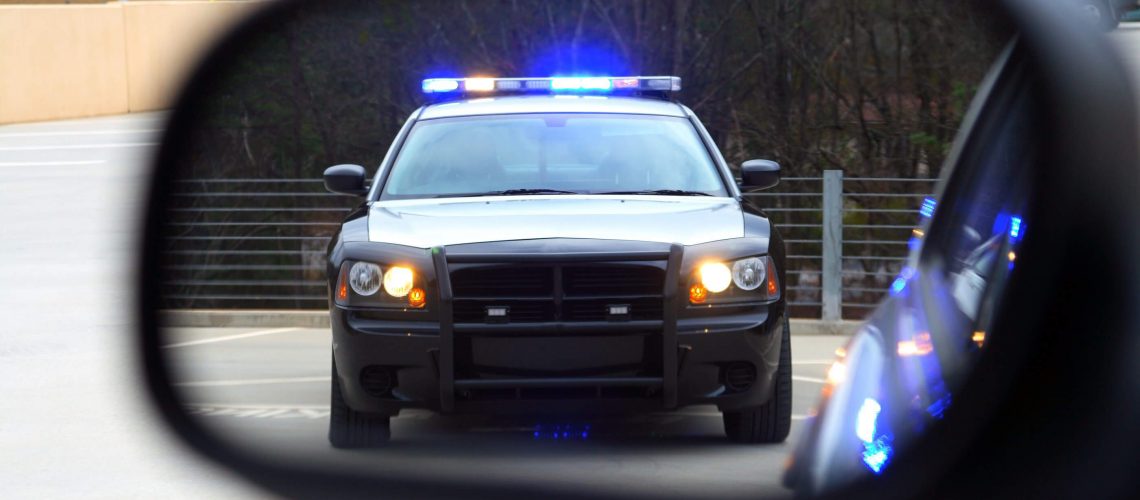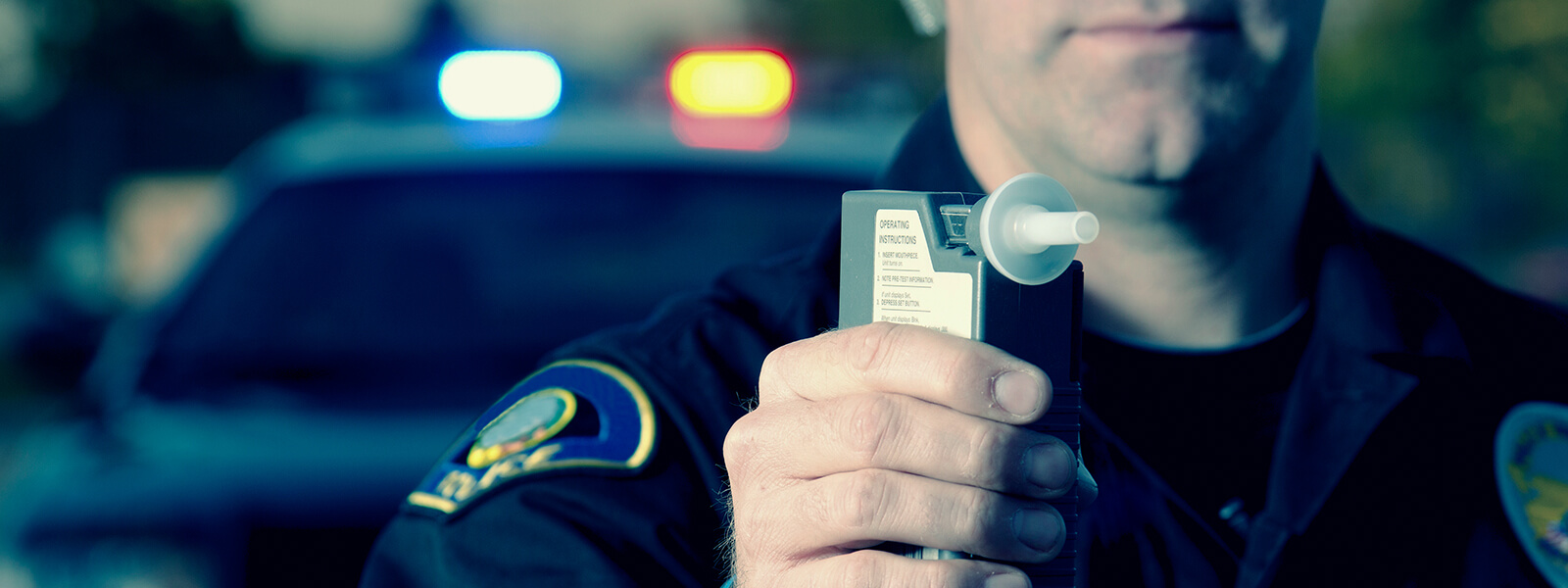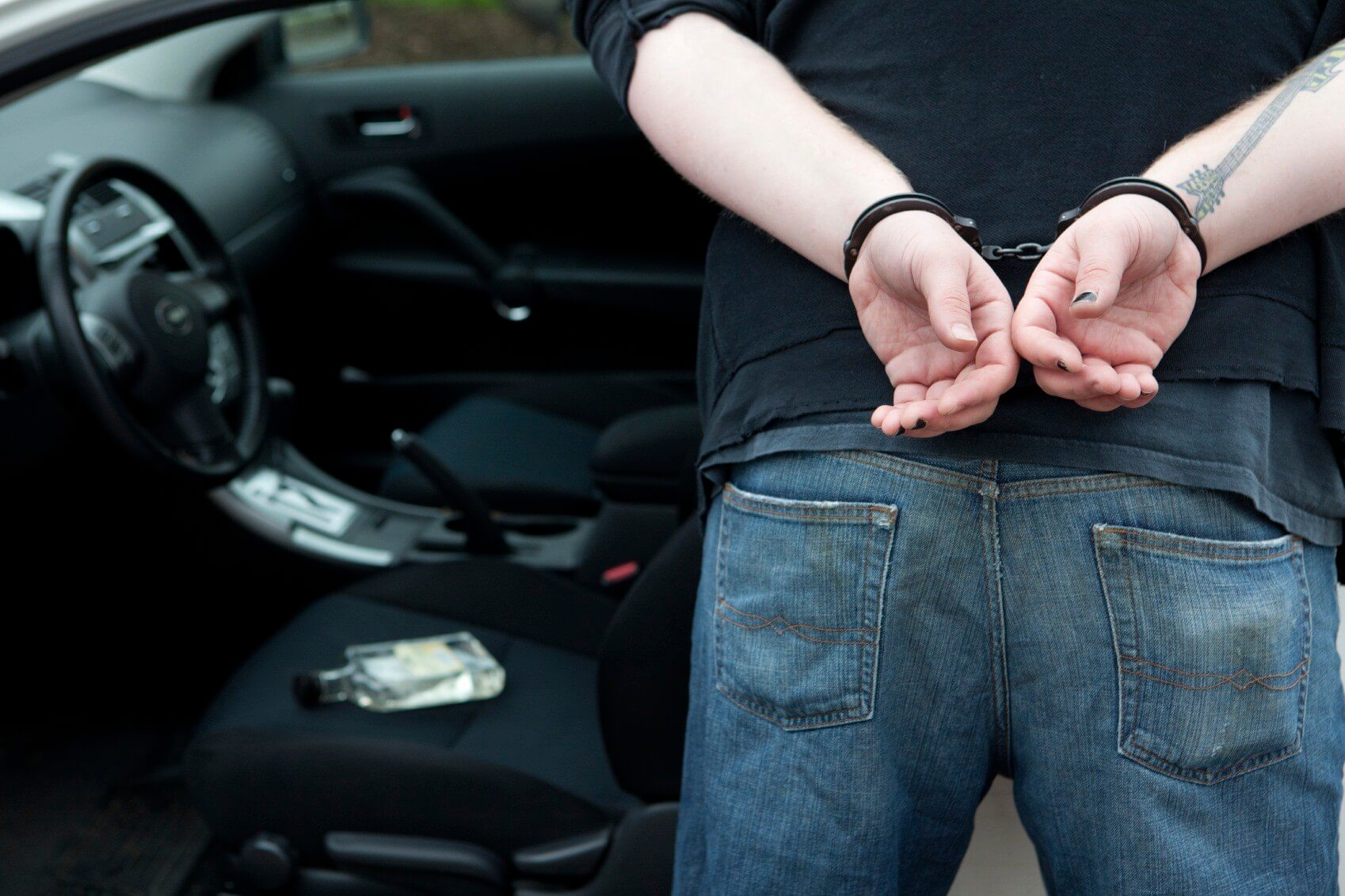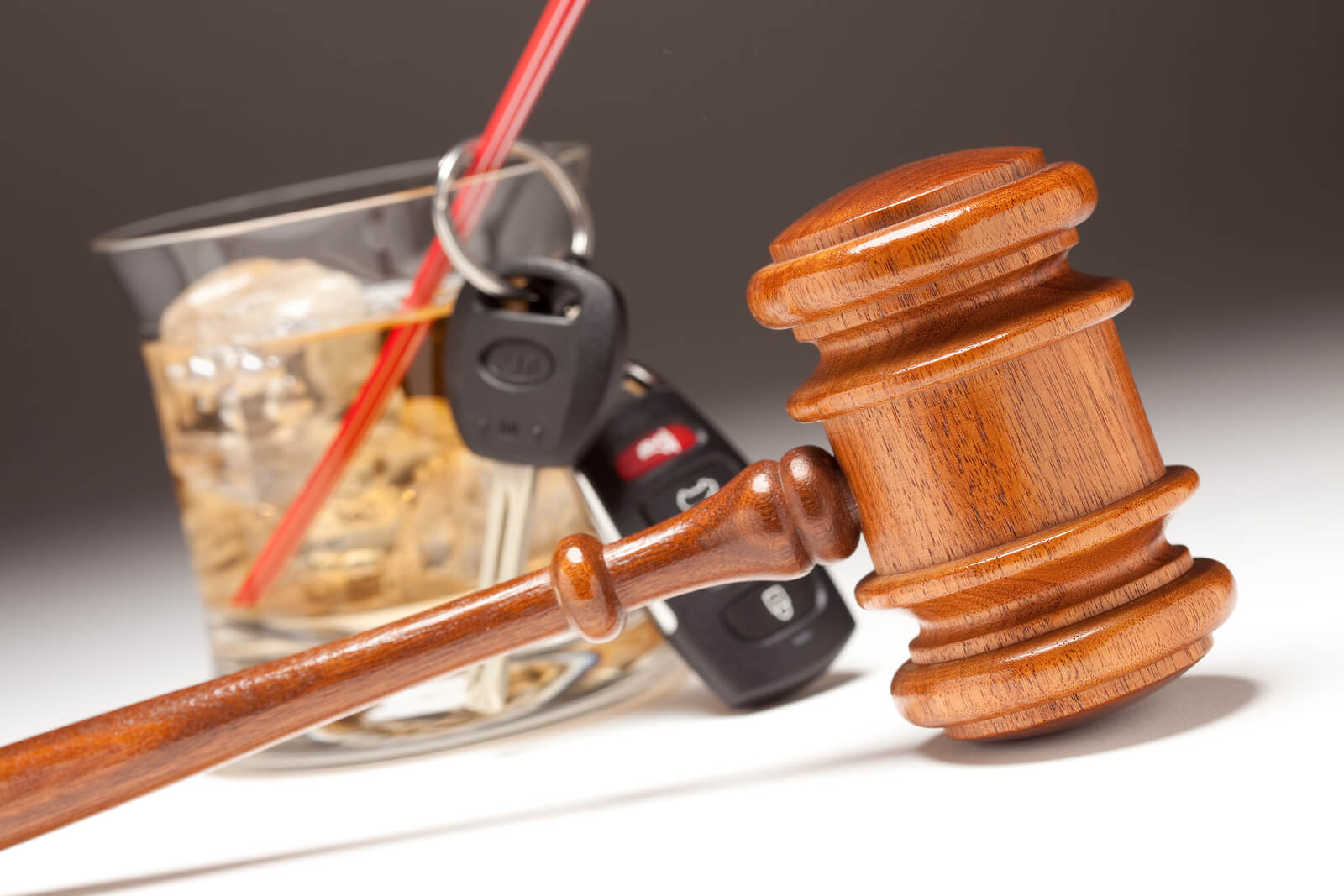Seeing the flashing red and blue lights in your rear view mirror is very frightening, but even more so when you know that you have been drinking. The fear sets in about whether the officer will find out about the drinking and immediately arrest you for drunk driving. When confronted with such a dilemma people will make snap judgments while trying to control their level of panic. It is an extremely stressful and frightening scenario but it is more daunting when you consider that the decisions you make will have a huge impact on your life and whether you will end up behind bars in a few moments. Making a decision under this kind of stress often causes people to make the wrong choice which can cause dire circumstances in their life.
The first thing to do when being pulled over is to pull to the side of the road. If on the freeway, the officer will most likely tell you over the loudspeaker to safely exit the freeway and not to stop your vehicle on the shoulder. This is for your safety and their own. Be sure to quickly respond to their demands and exit the freeway at the earliest possible point. It is important to note that you must still obey all traffic laws even after the police are attempting to pull you over. Running a stop sign or driving on the shoulder after they police have triggered their lights will only strengthen their case against you that you are impaired and drunk driving. If on a city street it is important to find a safe place to stop and to not block any drive ways. Picking a well lit setting is best for a variety of reasons. The officers will feel more at ease if they feel that they can see your movements well. The more public the setting, the more likely there will be bystanders nearby and the officers will be on their best behavior knowing that they are being watched.
Once your vehicle is stopped, roll down all of the windows, turn off the car, turn on the interior lights and start to get your license, insurance and registration. If the officers see you trying to hide an object in the car it will look very suspicious so keep your relevant paperwork within reach at all times. Once the officer approaches the window hand them your paperwork. Don’t say anything more than “good evening.” The officer will most likely ask you if you know why they are stopping you. The officer will then ask where are you headed and where you are coming from. It is important not to say that you were coming from dinner or from a bar, which will cause them to automatically assume that drinking may have occurred. Very politely say that you respectfully decline to answer these questions.
The officer will likely get defensive and become more agitated. Maintain your calm and keep looking forward. If they ask you more questions continue to say that you respectfully decline to answer any questions. The officer will ask you to turn your head towards them. This is for two reasons. First, they want to see if your eyes are red and watery. Second they want to see if they can smell the odor of alcohol. That is why it is critical that you do not turn your head towards them. They will likely ask you to lean your head out of the window and to follow a pen with your eyes. This is known as the horizontal gaze nystagmus test. The officers are using their “expertise” to judge your nystagmus on the side of the road. Be sure to decline to take this test. The results almost always hurt you.
If the officer asks you to step out of the car, ask the officer if you are free to leave. If the officer says no, slowly step out of the vehicle and avoid conversing with the officer. The officer may become very aggressive and it is important to follow their demands to exit the car instead of getting into a fight where they will try to drag you out of the vehicle and then charge you with resisting arrest or assaulting a peace officer. Listen to the officer’s orders to stand on the side of the vehicle and out of the way of traffic. Do not do any field sobriety tests.
This is so important it needs to be repeated. DO NOT DO ANY FIELD SOBRIETY TESTS. Again, say that you respectfully decline all field sobriety tests.
They will ask if you have had anything to drink. Say that you have not. This is not illegal. You do not have to give incriminating information to the police to help them build their case against you.
They will likely ask you the following questions:
Have you had anything to drink?
Do you have any medical conditions?
Where were you coming from?
Did you drive your car?
When did you last sleep/eat?
Are you on any medications?
In response to each question say that you respectfully decline all questioning. They will ask you to blow into a road side breathalyzer, known as the PAS (preliminary alcohol screening device). Never blow into this machine. It is not required of you, regardless of what the officers tell you. The police may arrest you at this point or they may let you go. The officer will likely tell you that they just want to see if you are safe to drive home so it is in your best interest to blow into the device. This is untrue of course.
The only test you are required to give is the formal chemical breath test (not the handheld device. Generally this is larger machine at the police station), or the blood test. If you refuse both of these tests the police will charge you with a “refusal,” which will automatically cause you to lose your driver’s license for at least one full year. You would not even have the ability to drive to and from work during that year. In addition, in court the DA would ask for jail time and add a “refusal enhancement” which increases all punishment against you.
I generally recommend requesting the blood test. The police will generally get angry about this because they know that they won’t be able to see the results for several weeks and won’t know if they have a valid DUI that will stand up in court. If you have no drugs in your system, demand the blood test. It will take longer for the police to take you to get your blood drawn than it would to administer a breath test, and during that time your alcohol levels should be declining. If you have drugs in your system, it is generally advisable to take the breath test and not the blood test, as the drugs will appear in your blood. Keep in mind that if you choose one test, and for some reason the police are unable to get a sample from you (i.e. if the machine is saying “insufficient sample”), then you must submit to the other test afterwards. If you do not, they will mark it down as a “refusal.”
Do not speak to the police even after the blood or breath test. Politely ask to use the phone. Wait to be released and contact us immediately.
The most important thing to remember is that anything you say to the officers will be used against you in court. Even when you believe you can talk your way out of it, the things you say will be manipulated in a manner that is detrimental to you. Also, you do not need to admit to drinking or take any tests aside from the breath test at the station or the blood test. Everything else is optional and should be respectfully declined. The officers will work hard to get you to admit you have been drinking. They will ask you repeatedly and in many different ways. It is critical to hold your ground and not admit to drinking in the last 24 hours.






